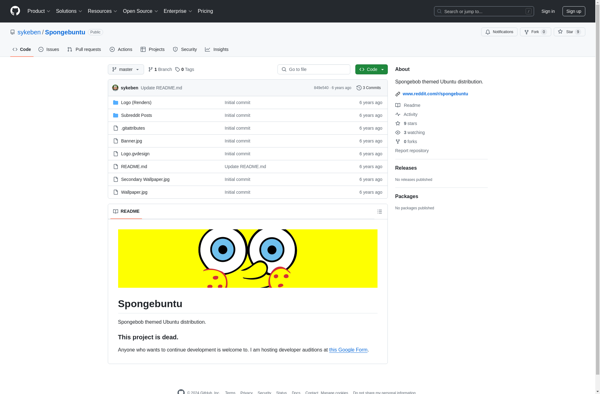Rocky Linux
Rocky Linux is a community-led Linux distribution designed to be 100% compatible with Enterprise Linux, allowing easy migration from existing Enterprise Linux installations. It aims to continue the legacy of the CentOS project.
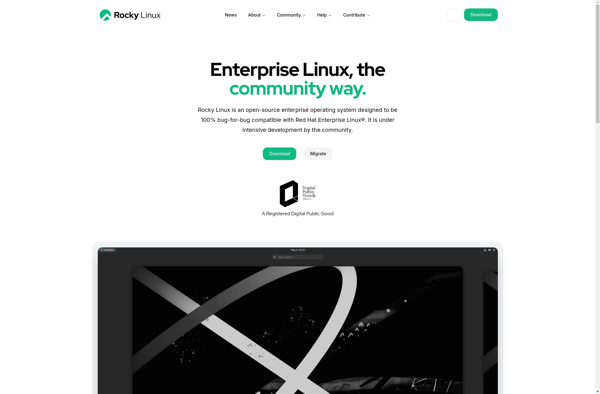
Rocky Linux: Community-Led Linux Distribution for Enterprise Compatibility
A 100% compatible Linux distribution with easy migration from existing Enterprise Linux, continuing the legacy of CentOS project.
What is Rocky Linux?
Rocky Linux is a Linux distribution built from the source code of Red Hat Enterprise Linux (RHEL). It is intended to provide a drop-in replacement for RHEL and the discontinued CentOS, allowing organizations to migrate existing workloads with minimal disruption.
Some key facts about Rocky Linux:
- Launched in 2021 after Red Hat announced the end-of-life for CentOS Linux 8
- Built as a community project by CentOS contributors and other open source advocates
- Uses the same build system and source code as RHEL, adjusted only to remove trademarks
- Binary compatible with RHEL, allowing easy migration of systems and applications
- Backed by community support through forums, chat, documentation, and conferences
- Offered completely free without a paid support model like RHEL
- Updated on a regular cadence to track each RHEL minor release
- Supported through at least 2029 with the possibility of further extensions
Overall, Rocky Linux aims to continue the reliable and stable base that CentOS provided, while adding expanded community engagement and an improved build infrastructure.
Rocky Linux Features
Features
- Based on Red Hat Enterprise Linux source code
- Binary compatible with RHEL
- Supports multiple architectures like x86_64, ARM64, PowerPC, etc
- Uses YUM as default package manager
- Provides Long Term Support (LTS) versions
- Includes security and bug fixes
- Has community support through forums, chat, etc
- Easy migration from RHEL and CentOS
Pricing
- Open Source
Pros
No cost open source alternative to RHEL
Stable and reliable for enterprise use
Large ecosystem of compatible software
Familiar environment for RHEL/CentOS users
Active community support
Long term support for versions
Cons
Lacks official support from Red Hat
Smaller community and developer base than larger distros
Limited number of pre-built packages compared to Fedora/Ubuntu
Dependent on RHEL release cycle and changes
Official Links
Reviews & Ratings
Login to ReviewThe Best Rocky Linux Alternatives
Top Os & Utilities and Linux Distributions and other similar apps like Rocky Linux
Here are some alternatives to Rocky Linux:
Suggest an alternative ❐Windows 10
Windows 10 is the latest version of Microsoft's operating system, released in 2015. It builds on the core foundations of Windows 7 and 8 and brings back the familiar Start menu while also introducing new features.Some key new features and improvements in Windows 10 include:The return of the Start Menu...
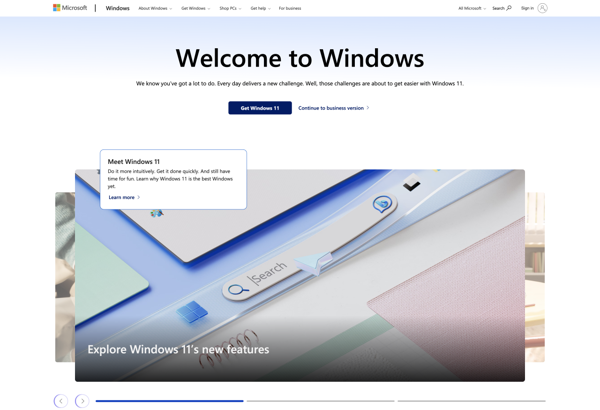
Ubuntu
Ubuntu is one of the most popular Linux distributions available today. It is based on Debian and completely free and open source. Some key points about Ubuntu:It has an easy to use and intuitive interface, making it great for Linux beginners.It has a wide variety of official flavors featuring different...

MacOS
macOS is the operating system created and developed by Apple Inc. exclusively for its Macintosh computers and laptops. It was originally named Mac OS X until 2012 and then OS X until 2016, when Apple renamed it to macOS to bring it inline with the branding of its other operating...

Linux Mint
Linux Mint is a Linux distribution built on top of Ubuntu that aims to provide a more complete out-of-the-box experience. Some key aspects of Linux Mint include:User-friendly desktop environment with a familiar workflow for Windows usersComes with a lot of pre-installed software for common tasks like office productivity, internet browsing,...
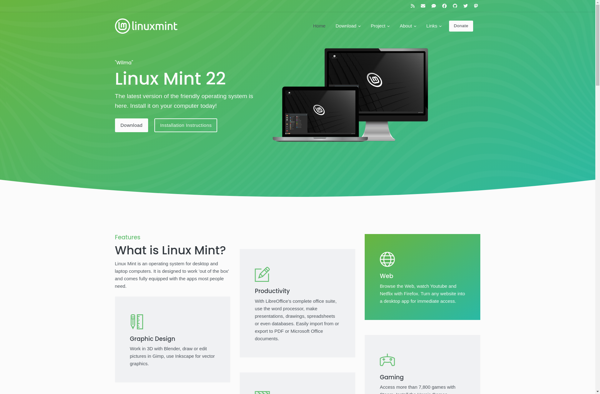
Arch Linux
Arch Linux is a lightweight, flexible Linux distribution designed for experienced Linux users who want control and customization of their system. Some key features of Arch Linux include:Rolling release model - Arch gets continuous updates rather than point releases, ensuring you always have the latest software.Uses Pacman package manager -...
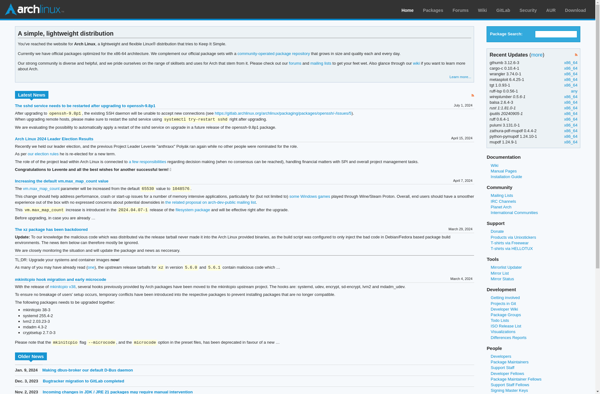
Elementary OS
elementary OS is a Linux distribution based on Ubuntu that focuses on providing a fast, open, and privacy-respecting computing experience. It comes with a custom desktop environment called Pantheon that features a sleek and intuitive user interface designed for productivity.Some key features of elementary OS include:An app store called AppCenter...
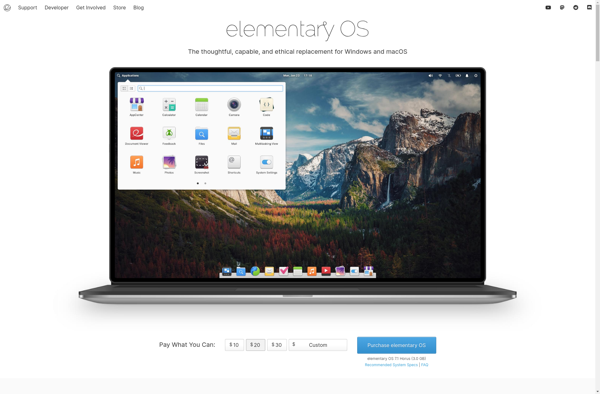
Debian
Debian is one of the oldest and most popular Linux distributions available today. First released in 1993, it is known for its stability, commitment to free software principles, and huge repository of over 50,000 software packages.Some key facts about Debian:It is developed by a worldwide community of volunteers working together...

Fedora
Fedora is a Linux distribution developed by the Fedora Project and sponsored by Red Hat. It is one of the most popular community-driven Linux distributions and is known for showcasing the latest innovations in open source software on a stable and easy-to-manage platform.Some key features of Fedora include:Uses the RPM...
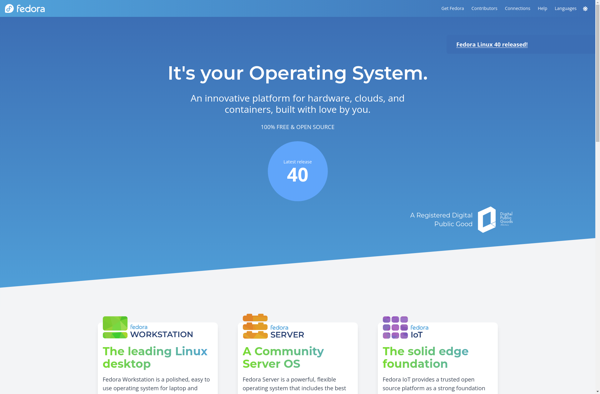
Manjaro Linux
Manjaro Linux is an open source, independently developed GNU/Linux distribution based on Arch Linux. It aims to provide an accessible entry point for new Linux users, while maintaining the DIY spirit and technical simplicity that Arch Linux is known for.Some key features of Manjaro Linux include:User-friendly graphical installers for quick...

OpenSUSE
openSUSE is a versatile Linux distribution that can be used on desktops, laptops, and servers. It focuses on being easy to use, having up-to-date software packages, and providing flexibility for different types of users.Some key features and information about openSUSE:Sponsored by SUSE Linux and other companies, but community-developedRegular release cycle...

Pop!_OS
Pop!_OS is a Linux distribution developed by computer manufacturer System76. It is based on Ubuntu and uses the GNOME desktop environment.Some key features of Pop!_OS include:Custom GNOME desktop theme and system improvements designed for an optimal workflow.Good hardware compatibility, especially with System76 hardware.Streamlined window and workspace management using keyboard shortcuts...
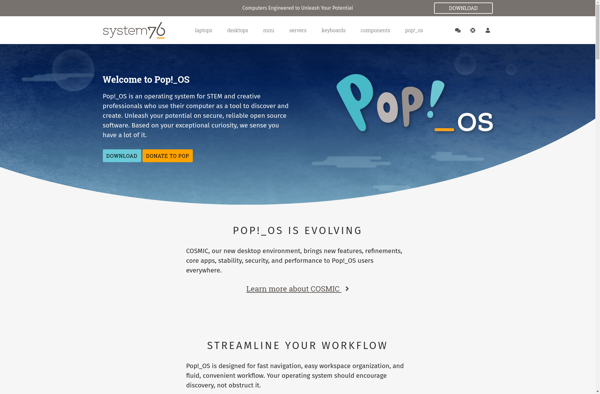
FortiOS
FortiOS is a security-focused network operating system developed and maintained by Fortinet. It serves as the operating system and firmware that runs on Fortinet firewalls and security devices.Key capabilities and features of FortiOS include:Firewall and network security - FortiGate firewalls running FortiOS provide robust network access control, traffic shaping, SSL...
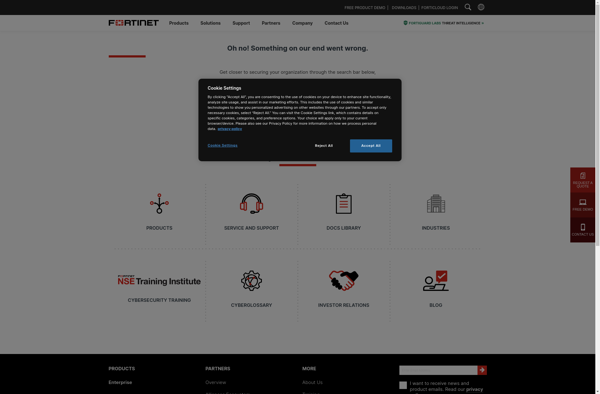
Kubuntu
Kubuntu is an officially recognized flavor of the Ubuntu Linux distribution that features the KDE Plasma desktop environment instead of Ubuntu's default GNOME desktop. Kubuntu provides a user-friendly, customizable, and visually appealing desktop experience powered by the latest KDE Plasma technologies.Some key features and characteristics of Kubuntu include:Uses the lightweight...
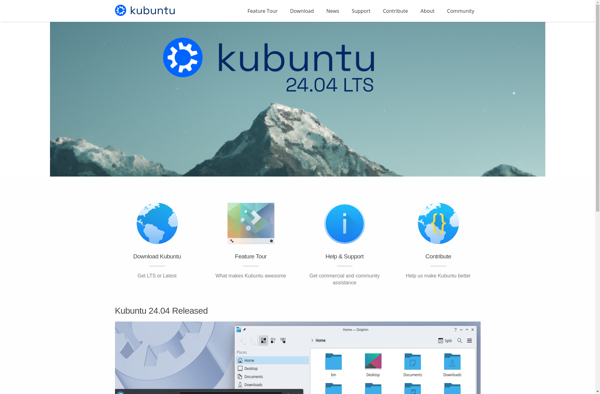
UwUntu
UwUntu is a Linux distribution derived from Ubuntu that features an anime-inspired mascot and theme. The name and branding play on the Japanese word "uwu", an emoticon expressing cuteness. Visually, UwUntu utilizes pastel colors, neko-themed icons, and anime wallpapers to create a bright, cheerful environment compared to Ubuntu's default dignified...
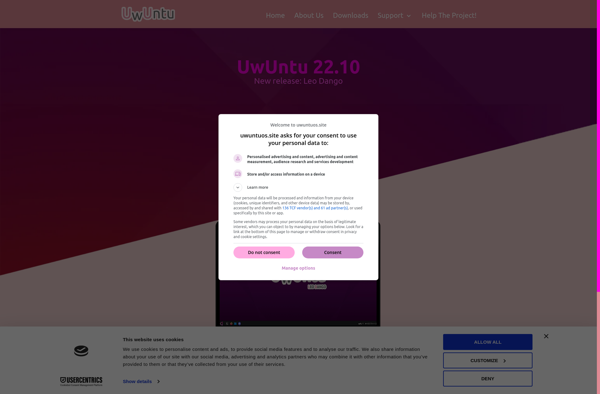
Serenity OS
Serenity OS is an open source operating system written from scratch with a focus on simplicity, elegance, and usability. It was started as a hobby project by Andreas Kling in 2017 and has since grown into a usable system with an enthusiastic community around it.Some key features of Serenity OS...
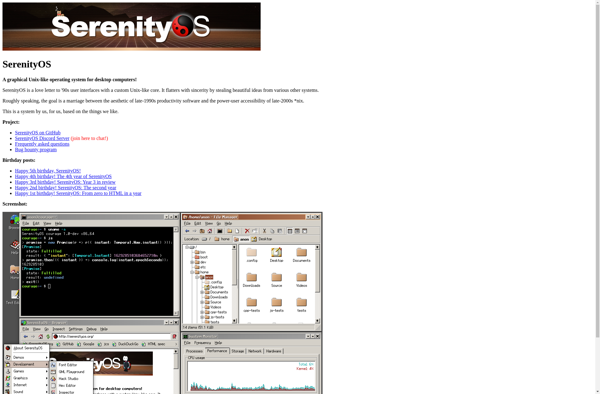
BlackBerry QNX
BlackBerry QNX is a real-time operating system (RTOS) designed for safety-critical embedded systems requiring high reliability, security, and performance. It provides a microkernel architecture, advanced scheduling and resource management, fast inter-process communication, and POSIX compatibility.QNX has its roots in the QNX OS that was originally developed in the early 1980s...
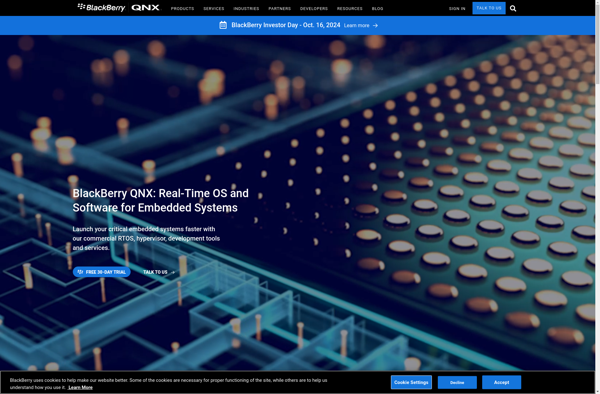
Septor
Septor is an open-source antivirus program for Windows that provides real-time protection against malware, viruses, trojans, ransomware, and other threats. It uses heuristic analysis techniques to proactively detect malicious behavior and block threats before they can infect your system.Unlike traditional signature-based antivirus software, Septor analyzes program behavior, file modifications, system...
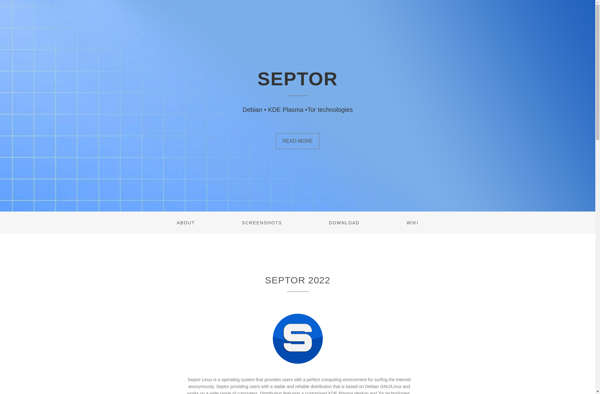
Windows 10 Enterprise LTSC
Windows 10 Enterprise LTSC (Long-Term Servicing Channel) is a specialized version of Windows 10 Enterprise designed for devices that require maximum stability and compatibility over long periods of time. It provides 10 years of mainstream support and security updates without any feature updates.LTSC versions are ideal for machines controlling medical...
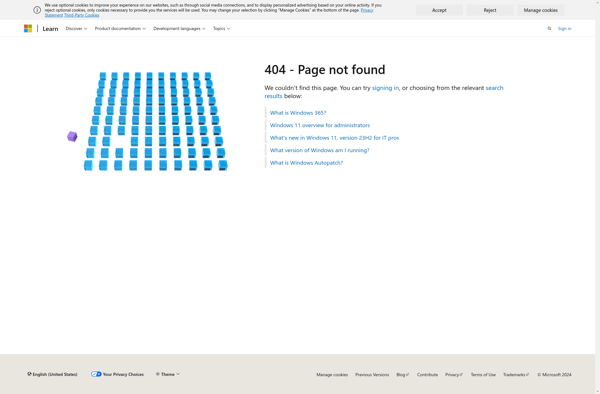
HardenedBSD
HardenedBSD is a security-enhanced operating system based on FreeBSD. It incorporates a number of additional security and exploit mitigation features that are not found in the base FreeBSD distribution.Some of the key security features of HardenedBSD include:Address Space Layout Randomization (ASLR) - Randomizes the location of key data areas in...
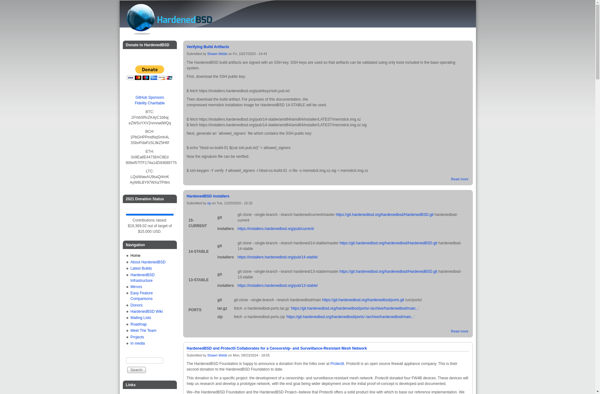
Stella GNU/Linux Distro
Stella GNU/Linux is a desktop-oriented Linux distribution based on Debian that aims to provide a smooth experience for users new to Linux. It features the Xfce desktop environment for a balance between ease-of-use and flexibility.Some of Stella's key highlights include:Automated hardware detection during installation to make sure proper drivers and...
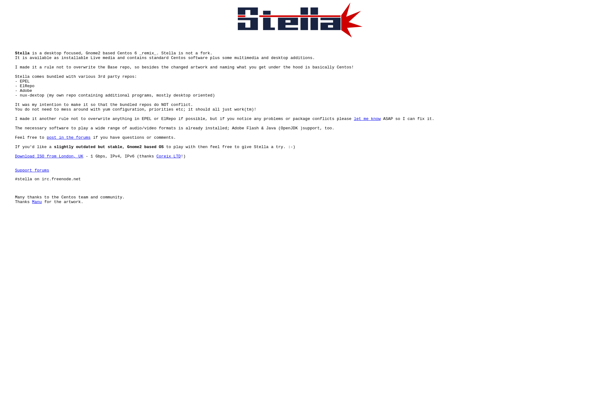
Sabayon
Sabayon is a Linux distribution designed to be beginner-friendly while still providing advanced features for experienced users. It is based on Gentoo Linux and utilizes a rolling release model, meaning users can continually update to the latest versions of software without needing to manually reinstall big new releases.One of the...
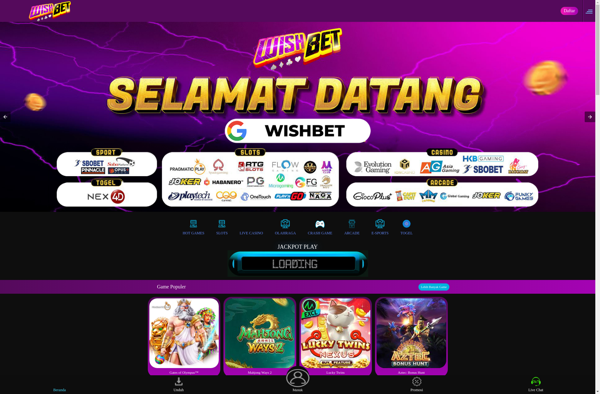
ULinux
ULinux is a Debian-based Linux distribution that aims to breathe new life into aging computers by providing a lightweight yet functional Linux desktop. It is optimized to run smoothly on computers with as little as 128 MB of RAM and a 400 MHz processor.Some key features of ULinux include:Uses the...
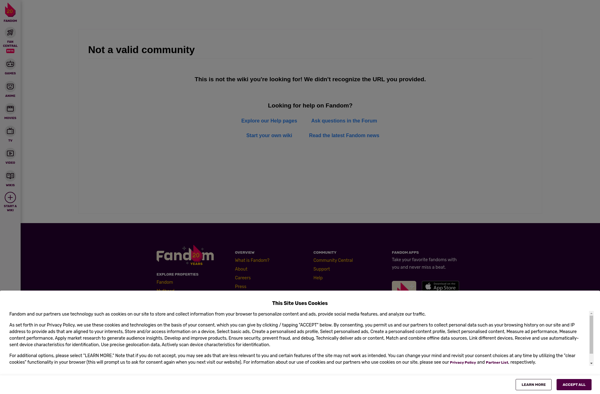
Devuan
Devuan is a Linux distribution forked from Debian in 2015. It was created by a group of Debian developers who opposed Debian's switch to using systemd as the default init system. Devuan continues to use the traditional sysvinit init system instead.Some of the key features and characteristics of Devuan include:Forked...
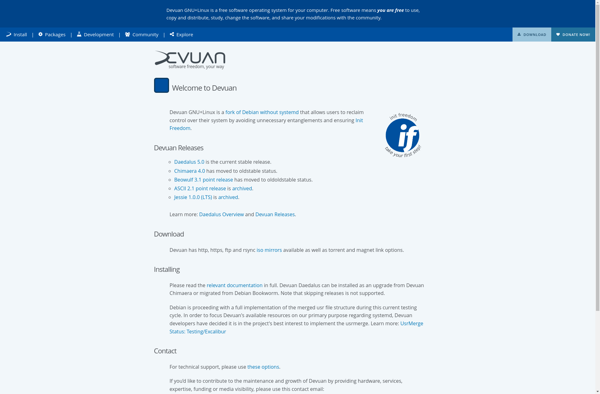
Bedrock Linux
Bedrock Linux is a meta Linux distribution that allows users to utilize programs from other Linux distributions simultaneously. The key goal of Bedrock Linux is to provide the flexibility, customizability and new features of distributions like Gentoo, Arch Linux, Void Linux, etc. while still maintaining compatibility with major Linux distributions...
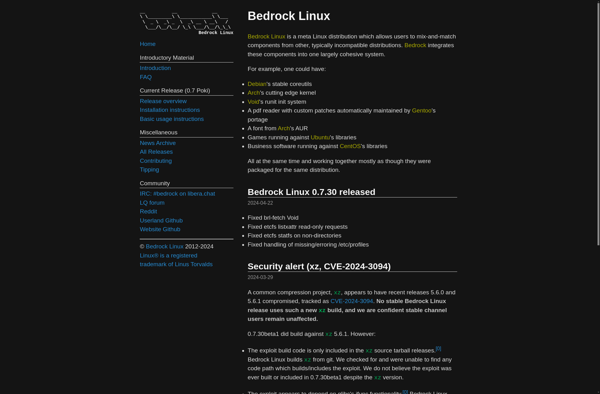
NeXTSTEP
NeXTSTEP was an advanced, object-oriented operating system developed by NeXT Computer in the late 1980s as the core of its NeXT computer workstation line. It was based on the Mach kernel, UNIX, and the Objective-C programming language.NeXTSTEP pioneered many innovative features for its time including:The Mach kernel for memory protection...
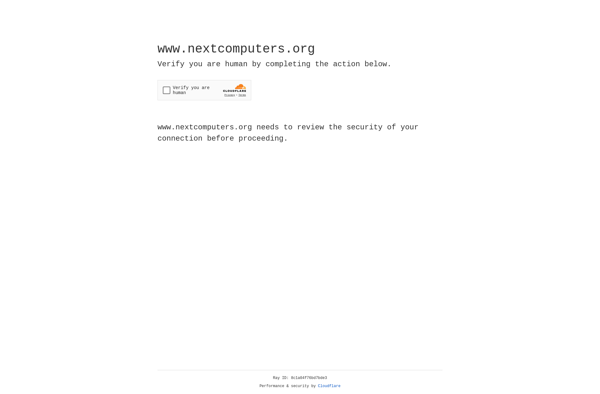
Spongebuntu
Spongebuntu is a Linux distribution based on Ubuntu that aims to provide a clean, lightweight, and easy-to-use desktop operating system. It is designed specifically for old computers and systems with limited hardware resources.Spongebuntu uses the lightweight Xfce desktop environment instead of the standard Ubuntu desktop GUI. Xfce is customized to...
